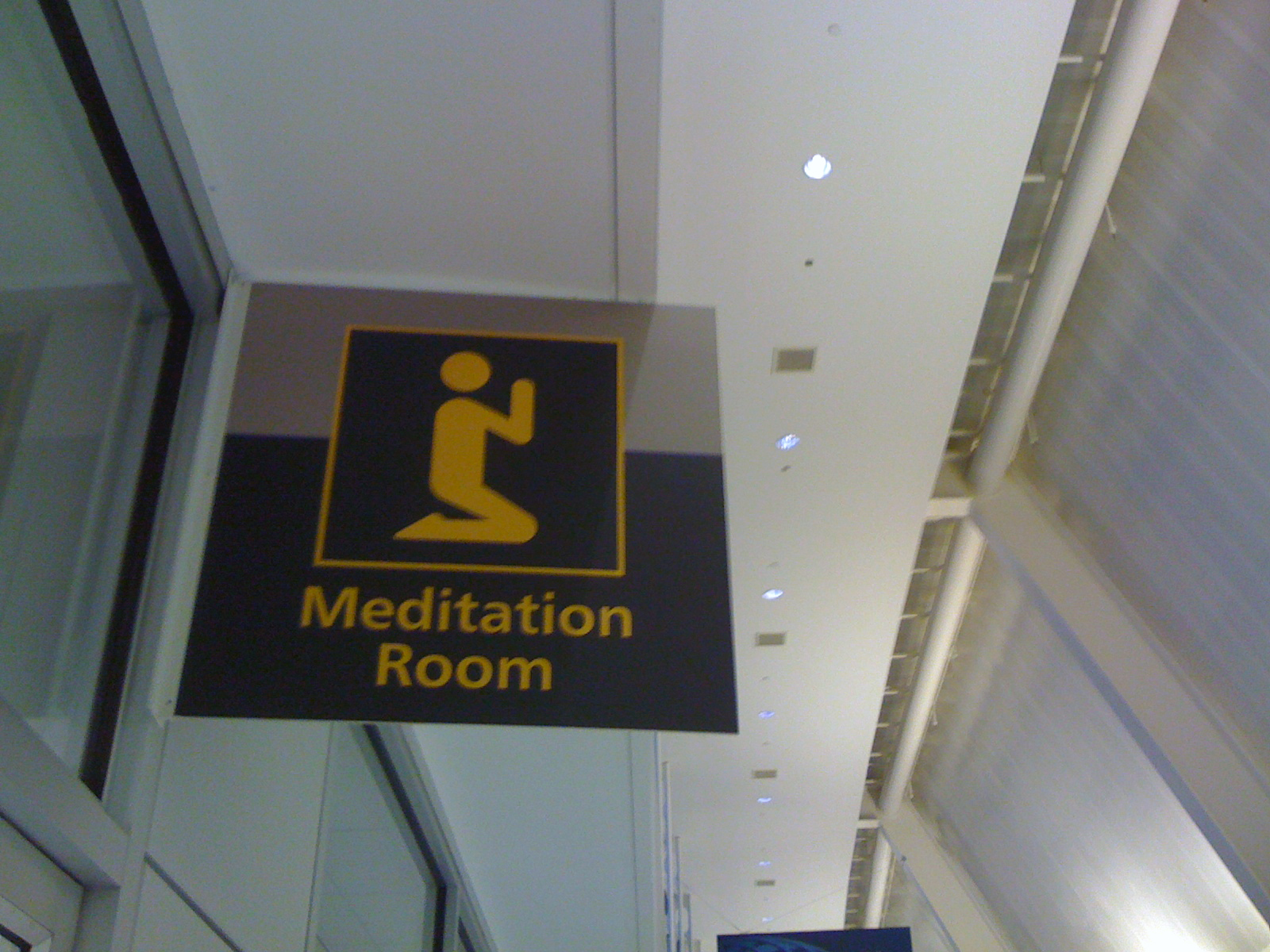I used to smoke cigarettes every day. Never more than two or three, but for long enough — a few years in my mid-20s — to be ashamed about it.
Smoking felt like an instant escape from feeling stressed. That hit of nicotine, the fresh outside air, the burn in my lungs flipped a reset switch inside of me.
But only for a few minutes. The stress came creeping back in, with an added layer of shame for doing something that was actively killing me.
Stress is killing us, particularly those who are struggling to keep jobs and pay the bills. U.S. life expectancy dropped in recent years for the first time since the flu pandemic of 1918.
The main cause? A spike in liver cirrhosis, opioid overdoses, and suicides, ways of dying fueled in part by stress.
Then there’s the stress that doesn’t kill but gnaws at us throughout the day.
The last four decades of capitalism — often called “neoliberalism” — has forced more and more people to manage their own care. Corporations have held down paychecks and pocketed record profits, while both political parties have cut and privatized support from the government.
Our lives are now filled to the brim with decisions. About which health insurance plan to sign up for. About which funds should go in your 401k — if you’re lucky enough to have one. About how to piece together enough work hours to pay the bills. About what to share on social media.
Talk about a recipe for stress, anxiety, busyness, exhaustion — a sense of never being able to fully relax.
Meditation isn’t going to fix an economy and political system that are stressing us to death. We can’t meditate our way to a “massive redistribution of economic and political power,” as Martin Luther King, Jr. called it.
But it can help take some of the edge off, and even help us make healthier choices in the midst of stress.
How? By making us more mindful, which is the opposite of escaping.
Mindfulness is paying attention, right here, right now, non-judgmentally.
Most of the time we’re not mindful, on autopilot, thinking about the past or future. I’m eating dinner and the fried chicken reminds me of a show I watched last night, which reminds me that I need a new TV, which reminds me of an argument I had with my dad one time in Santa Cruz, which reminds me that I want to live somewhere else with better weather, which…and on and on and on.
That non-judgmentally part is the key. Because what if we really are dealing with something stressful, like a shitty job or no job at all?
Stress is inevitable. What’s not inevitable is the story we add on top of the stress.
The mind not only constantly wanders but it also constantly judges things, including our thoughts. Usually this comes in the form of should or shouldn’t. Like, I shouldn’t be feeling stressed— which is yet another thought that takes us away from the moment.
That shouldn’t is what made me grab for the pack of cigarettes back in the day.
When we judge ourselves for being stressed out — or whatever emotion we’re feeling — we get further caught up in our head, ignoring what we see, feel, taste, smell, and hear.
That’s why a cigarette felt so good — it brought me back to my body for at least a few seconds. I could smell the burning tobacco. I could feel the smoke in my lungs. I was in the moment…for a few seconds.
Meditation is practicing not judging ourselves. We allow everything into our awareness equally and fully, even our stories about what’s happening— and then we let go and fall back into a present moment that is always here to catch us.
Your noses itches. You bring your attention back to the breath. Your back hurts. You bring your attention back to the breath. You think that you aren’t a good meditator. You bring your attention back to the breath.
Eventually, your mind settles into an open awareness, relaxing as pure consciousness — not grasping or pushing away or judging. Just being.
Stress becomes yet another aspect of your experience, which is far too large and expansive and whole to be summed up in a story.
Ready to get serious about meditation?
Sign up for my weekly email on how to bring mindfulness to the stuff that matters most — work, relationships, and, especially, politics.
